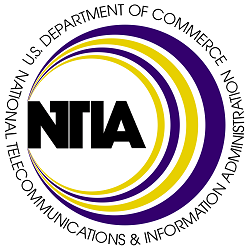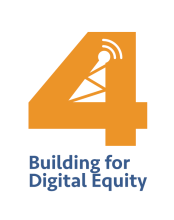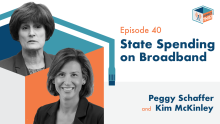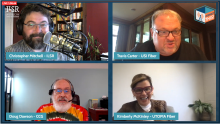Initial BEAD Proposals and Five Year Action Plans Come Into Focus
The key for states to unlock their portion of the $42.5 billion in federal BEAD funds is the submission and approval of their Five Year Action Plans and Final Proposal. The infrastructure law requires states to first file an action plan, and then prepare more detailed Initial Proposals, allowing residents and stakeholders to submit public comments.
So far, 14 states have filed their Five Year Action Plans with the National Telecommunications and Information Administration (NTIA), the Treasury Department agency in charge of allocating the funds to each state and U.S. territory. According to the NTIA’s website, Maine, Louisiana, Delaware, Georgia, Hawaii, Idaho, Kansas, Montana, North Carolina, Ohio, Oregon, Pennsylvania, Utah, and Vermont have all filed their draft Five Year Action Plans.

The states that are now in the process of completing their Initial Proposals include: Delaware, Kansas, Louisiana, Montana, Ohio, Tennessee, Vermont, Virginia and Wyoming.
Today, we will look at two states (Maine and Louisiana) and follow up with the others as we are getting a clearer picture of how each state intends to put this historic infusion of federal funds to use.
Maine









